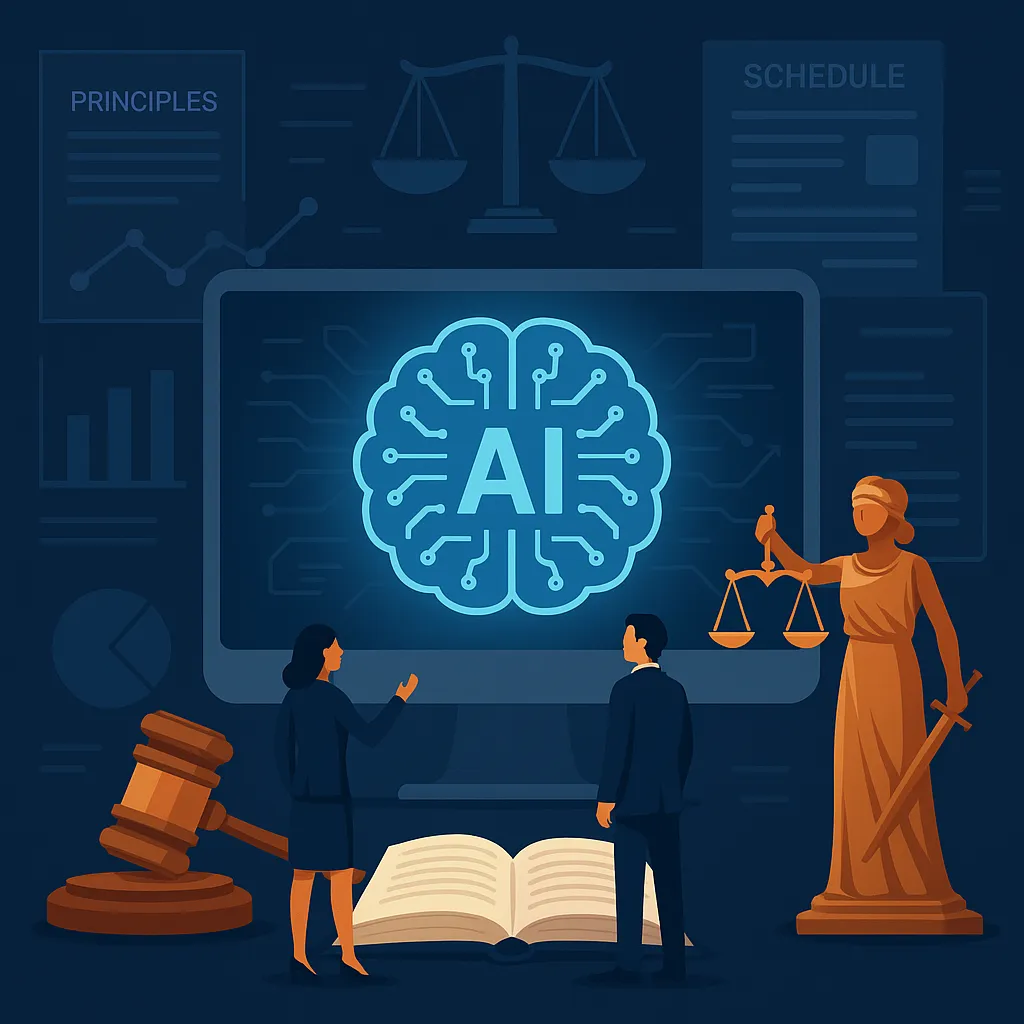In a world-first, the UAE has launched an integrated AI-driven lawmaking system designed to accelerate legislative processes by up to 70%. Touted as a technological marvel, this move promises smarter governance.
But with innovation comes concern: Can artificial intelligence truly understand the human complexities behind making laws?
What Is the AI-Based Lawmaking System?
The UAE’s system, called a Regulatory Intelligence Ecosystem, uses AI to:
- Analyze federal and local laws, court rulings, and administrative guidelines.
- Track real-time effects of laws on society and economy.
- Recommend updates based on global legal research.
- Create the UAE’s largest unified legislative database.
The goal is simple: reduce legislative delays, cut red tape, and improve transparency.
Pros: Why AI Might Work in Lawmaking
- Faster Legislation – AI can process and draft laws significantly faster than traditional systems.
- Data-Driven Policies – Uses real-world data to refine laws based on actual impact.
- Less Bureaucracy – Reduces unnecessary human intervention and procedural delays.
- Global Adaptability – Tracks international legal trends and adapts them to local models.
Cons: The Cautionary Side
- Lack of Human Judgement – AI may miss emotional, ethical, or cultural nuances.
- Bias in Training Data – Biased input could lead to unfair or discriminatory laws.
- Accountability Issues – Who is responsible if AI-generated law leads to harm?
- Public Trust Deficit – Will people accept laws created with machine assistance?
Impact on Jobs & Legal Professionals
AI’s entrance into lawmaking will reshape the legal landscape:
Job Impact by Legal Role:
- Paralegals – High risk; automated research and document review.
- Lawyers (junior) – Moderate risk; shift to AI-assisted legal analysis.
- Judges – Low risk; human judgment remains essential.
- Policy Advisors – Moderate risk; focus will shift to interpreting data-driven insights.
AI won’t eliminate jobs but will change how legal professionals work.
Social Implications: Can AI Grasp Humanity?
Laws are not just logic; they reflect:
- Moral values
- Social justice
- Cultural identity
AI struggles with emotional intelligence and moral grey areas. A law that is logical but lacks empathy can lead to public backlash or social unrest.
“You can teach AI to read the law, but can you teach it to feel the pain of injustice?”
Global Perspective: UAE as a Pioneer
With this move, the UAE sets a benchmark. But will others follow? Countries like Singapore, Estonia, and the UK are also experimenting with AI in governance. The question is not if, but how responsibly AI will be used.
Graph: Global Readiness for AI in Lawmaking (2025 projection)

The Balance: AI as Assistant, Not Authority
AI should be a tool, not a replacement for human lawmakers. The final decision must rest with people who understand the moral, social, and emotional weight of lawmaking.
Conclusion: A New Era, Cautiously Embraced
The UAE’s AI-driven system is a leap into the future. If implemented responsibly, it could redefine how governments work. But it also demands strong ethical oversight, public transparency, and constant human involvement to ensure it serves justice—not just efficiency.
Final Thought:
“AI can help us make laws faster. But only humans can make them fair.”





















